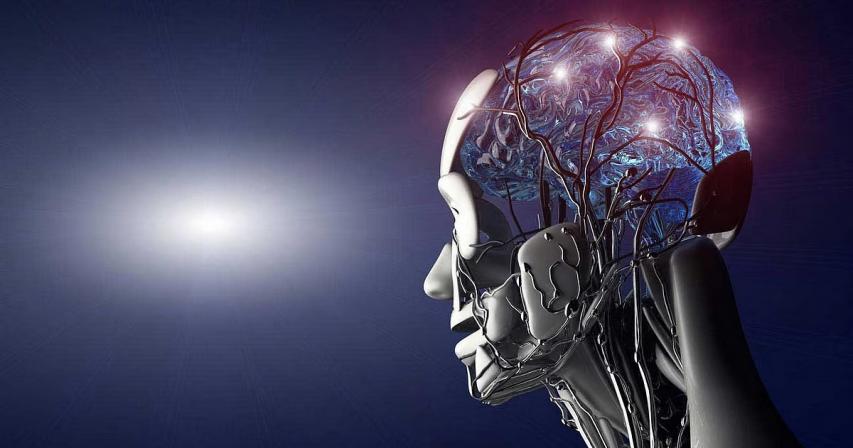UAE: Who is responsible for human rights abuses involving AI, asks official

A senior human rights official from the UAE is sounding alarms regarding the lack of global accountability systems for human rights violations in the context of artificial intelligence, stating that contemporary systems are incapable of addressing the ethics of an AI-infused world.
Maqsoud Kruse, Chairperson of the National Human Rights Institution, raised a compelling "what if" scenario posing, “[I]f somebody so deviant utilises AI, robotics, to perform a kind of torture on a human. Now, the one who is performing the torture is not human -- its an AI, a robot, or a machine. The question of accountability then goes to whom?"
Such inquiries are no longer within the realm of fiction, Kruse stated. To pose the question in a more realistic context, “Is it the machine? Is it the programmer? Is it the inventor? Is it the person who provides the electricity?,” and consider how society will begin to interpret this behavior and tell the story.
He cautioned us to be wary of trusting our skills in creating machines that imitate human judgement by referencing ethical challenges in self-driving cars. “There are areas that are unknown, that are uncertain,” he stated. He also noted that the question of “who makes the decision” in such ambiguous territory is “still up for debate.”
When asked if the Universal Declaration of Human Rights and the Paris Principles are “fit for purpose”, he bluntly answered "the answer is no”. In his response, he critiqued these documents in the context of artificial intelligence. They set forth primitive ideals, Kruse explained, but these frameworks were produced in a pre-digital world “when these challenges were not envisioned.” He argued that the world needs to join forces to rethink international human rights documents for the AI era.
One of Kruse’s suggestions was the designation of a right to human engagement in the era of automation. He proposed that nations start legislating the right to human interaction — particularly when dealing with AI in everyday scenarios.
In his remarks, he suggested that AI systems should be required to identify themselves upfront. “If I’m sending an email… can there be some sort of declaration that this person you are dealing with… is generated by a bot?” he wondered. He further noted that people should be able to opt for interaction with a real human instead of a chatbot, automated response, or social media aide.
“People’s right to choose is fundamental,” as stated by Kruse. “It is what provides value to me and preserves my dignity.”
These comments were made by Kruse in a panel discussion at the Governance of Emerging Technologies Summit held in Abu Dhabi on Monday. According to him, the UAE is ahead in developing its AI legislation and infrastructure in relation to other countries, considering human rights. At the same time, he pointed out the need to participate in global conversations: “We are part of the world, and others are doing something similar.” He said that there is a need for greater global discourse on addressing the balance between innovation in technology and “humanity and human principles,” noting that they need to be clearly, kindly focused on people’s defined outcomes.






Comments